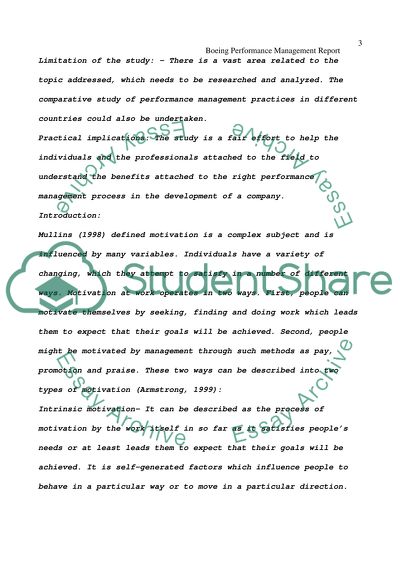Cite this document
(“Report performance management (base pay & benefit) Essay”, n.d.)
Report performance management (base pay & benefit) Essay. Retrieved from https://studentshare.org/miscellaneous/1530698-report-performance-management-base-pay-benefit
Report performance management (base pay & benefit) Essay. Retrieved from https://studentshare.org/miscellaneous/1530698-report-performance-management-base-pay-benefit
(Report Performance Management (base Pay & Benefit) Essay)
Report Performance Management (base Pay & Benefit) Essay. https://studentshare.org/miscellaneous/1530698-report-performance-management-base-pay-benefit.
Report Performance Management (base Pay & Benefit) Essay. https://studentshare.org/miscellaneous/1530698-report-performance-management-base-pay-benefit.
“Report Performance Management (base Pay & Benefit) Essay”, n.d. https://studentshare.org/miscellaneous/1530698-report-performance-management-base-pay-benefit.


